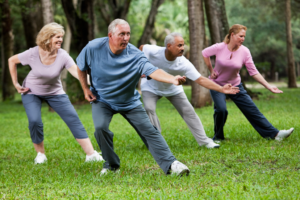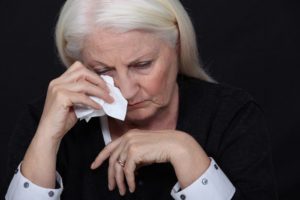
Social isolation is becoming an increasingly common issue, with one in five Americans reporting they feel lonely. Seniors are especially vulnerable to these feelings. In fact, 43 percent say they experience loneliness regularly. A new survey of adults age 65 and older by Home Instead, Inc. found regular interaction with animals can help to reduce feelings of isolation and loneliness.
“While we recognize that pet ownership isn’t for everyone, we find that interaction with pets, even on a small scale, can have a big impact on older adults,” said Joe Malagon, senior care expert and owner of the Home Instead Senior Care office in Thousand Oaks. “A simple act like petting a dog, holding a cat or watching a bird can bring so much joy to a senior who may be feeling lonely.”
Additional survey results found that nearly half of older pet owners cited stress relief, sense of purpose and exercise as leading advantages to owning a pet. In addition to providing positive health benefits, pets can also provide constant companionship for older adults who would prefer to age in place. In fact, 82 percent of senior animal owners surveyed said they would not consider moving to a senior living community without their pet.
These findings are not a surprise to Steve Feldman, executive director of the Human Animal Bond Research Institute (HABRI), a nonprofit research and education organization. “There is a strong connection between heart health and pet ownership or interaction,” Feldman said. “Pet owners are more likely to get recommended levels of exercise, have lower blood pressure and experience reduced levels of stress. Pets have even been shown to aid in recovery after a heart attack.”
While there are many benefits to owning a pet later in life, Home Instead also found that even occasional interactions with pets prove to be beneficial for older adults. Survey results indicate that older adults achieve the same positive feelings when spending time with animals in other capacities, such as visiting with pets owned by family, friends or neighbors.
Elisabeth Van Every, communications and outreach coordinator for Pet Partners, a nonprofit North American therapy animal organization agrees. “Research also shows animal interaction can help perceptions of pain and discomfort and improve motivation for treatment protocols for diseases such as cancer by helping individuals feel more focused and positive moving forward,” said Van Every. “Even interactions for half an hour a week can make a difference.”




